Fritillaria lily Bulbs

- Free worldwide shipping on all orders over $100
- Delivers in: 3-7 Working Days Shipping & Return
🌱 How to Grow Fritillaria (Fritillary) from Bulbs
Also known as:
-
Hindi: फ्रिटिलेरिया
-
Tamil: ஃபிரிடிலேரியா
-
Telugu: ఫ్రిటిలేరియా
-
Malayalam: ഫ്രിറ്റിലീരിയ
-
Kannada: ಫ್ರಿಟಿಲೇರಿಯಾ
-
English: Fritillaria / Fritillary
-
Botanical Name: Fritillaria spp.
1. 🗓️ Choose the Right Season
-
Best time to plant: Autumn (September–November)
-
Thrives in temperate climates with cool winters and dry summers
-
Ideal temperature for planting: 10°C–15°C
2. 🌱 Prepare the Soil
-
Soil Type: Well-draining, rich, sandy or loamy soil
-
pH Level: Neutral to slightly alkaline (6.5–7.5)
-
Incorporate organic matter or leaf mold to improve fertility and drainage
3. 🌾 Planting the Bulbs
-
Depth: Plant bulbs 4–6 inches (10–15 cm) deep
-
Spacing: 6–8 inches (15–20 cm) apart
-
Plant with the pointed end facing upward
4. 💧 Watering
-
Water well after planting to settle soil
-
Keep soil moist during active growth but avoid waterlogging
-
Reduce watering after foliage dies back to prevent bulb rot
5. 🌿 Growth & Blooming
-
Shoots emerge in early spring
-
Flowers bloom in spring, typically 12–16 weeks after planting
-
Characteristic nodding, bell-shaped flowers often checkered or mottled in purple, yellow, green, or white
6. ☀️ Sunlight & Temperature
-
Prefers full sun to partial shade (4–6 hours sunlight daily)
-
Does well in cool to moderate temperatures
-
Requires dry summer dormancy conditions to thrive
7. 🌼 Fertilization
-
Apply a balanced fertilizer at planting time
-
Feed lightly during early growth with a low nitrogen fertilizer
-
Avoid excessive fertilization to prevent foliage over flower growth
8. 🛡️ Pest & Disease Control
-
Common pests: Slugs, snails, aphids
-
Diseases: Bulb rot if soil is poorly drained, fungal infections
-
Use organic pest controls like neem oil and keep soil well-drained
-
Remove damaged foliage promptly
9. 🌸 Aftercare & Maintenance
-
Allow foliage to die back naturally before cutting to nourish bulbs
-
Mulch in winter to protect bulbs from frost and retain moisture
-
Lift and divide bulbs every 3–4 years to prevent overcrowding
-
Store lifted bulbs in a cool, dry place during summer dormancy
10. 🌱 Regrow Tip
-
Propagate by offsets (small bulbs) formed around the main bulb
-
Store bulbs in a cool, dry, and ventilated area if lifted
-
Replant annually or every few years for best flowering
🌸 Benefits of Fritillaria
-
Unique, striking bell-shaped flowers with beautiful patterns
-
Adds interesting texture and color to spring gardens
-
Attracts pollinators like bees
-
Suitable for rock gardens, borders, and woodland settings
Your email address will not be published.



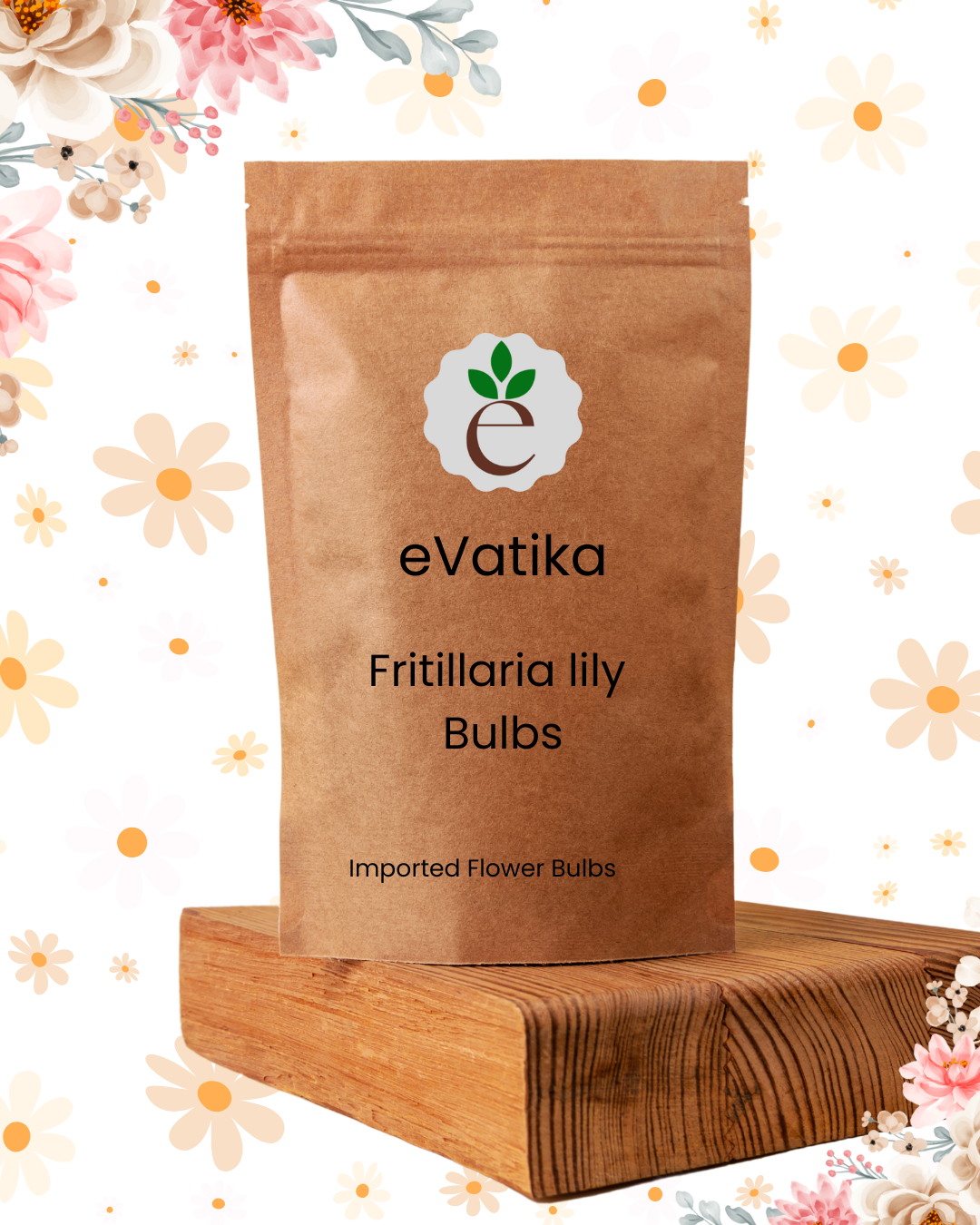
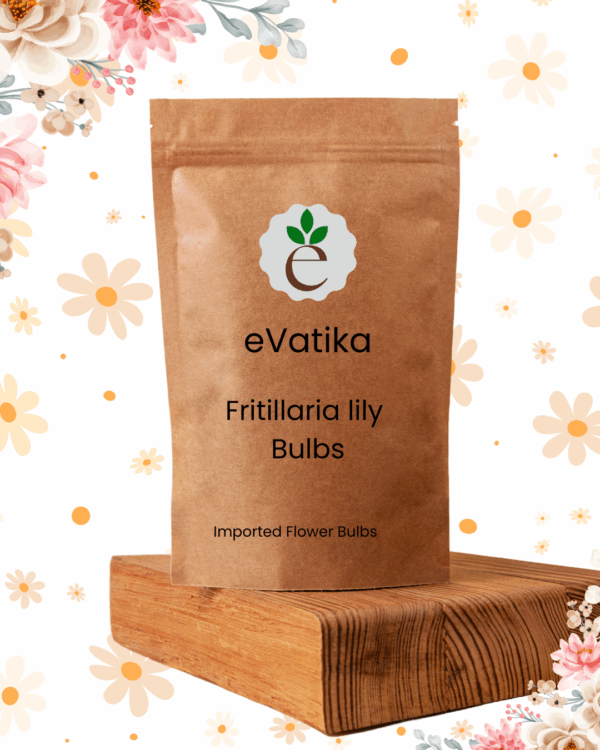
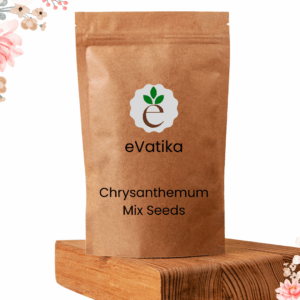
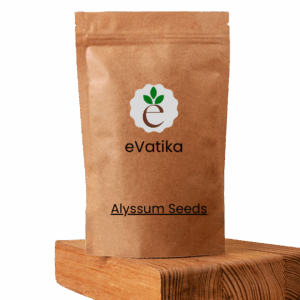
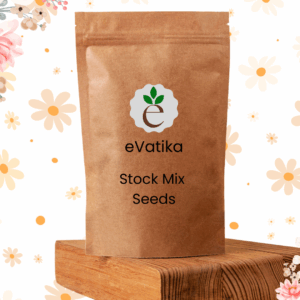
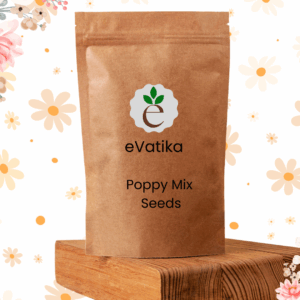

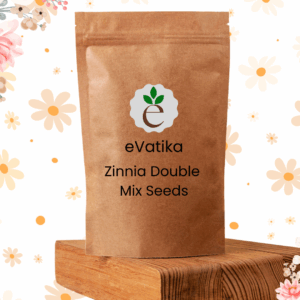
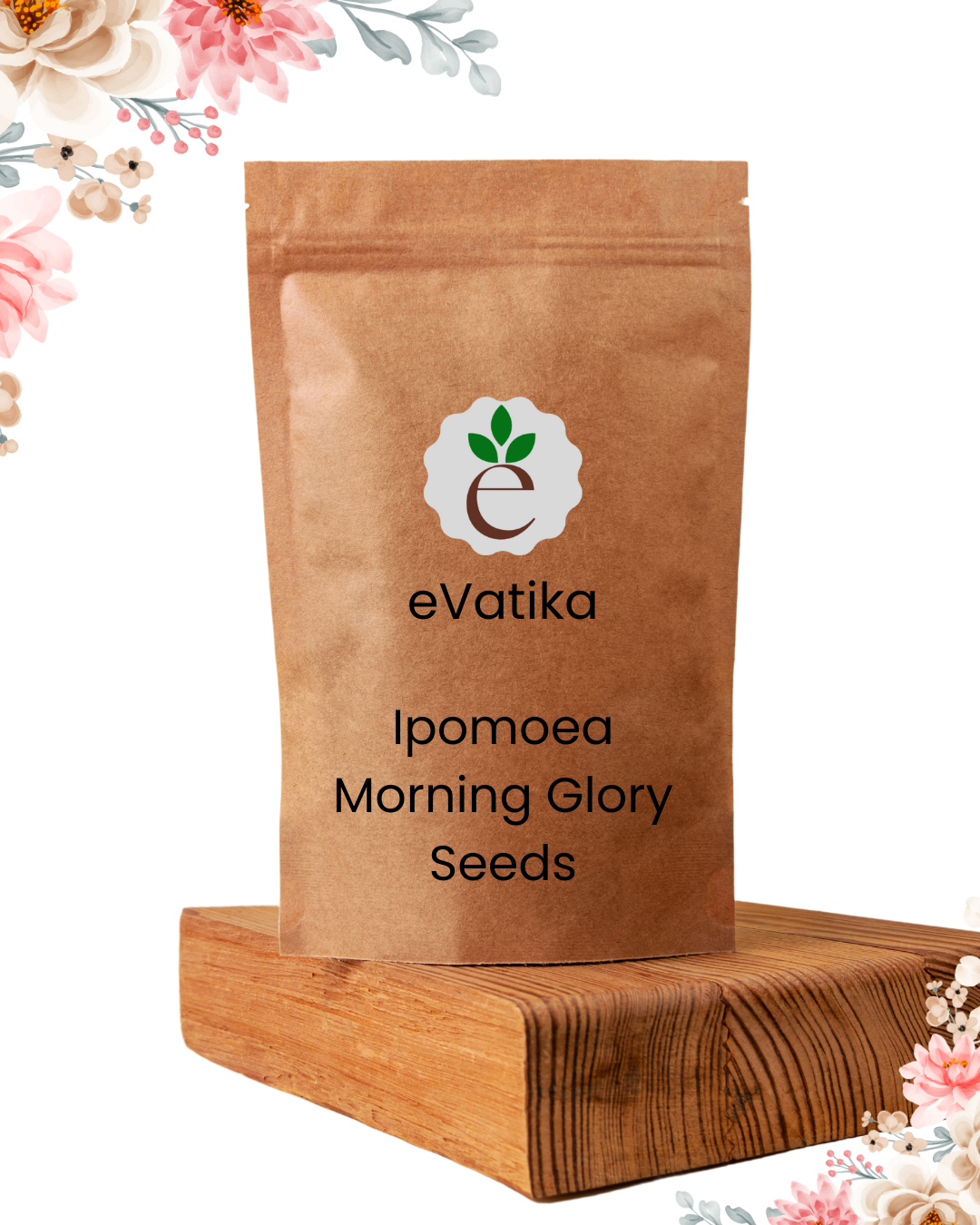
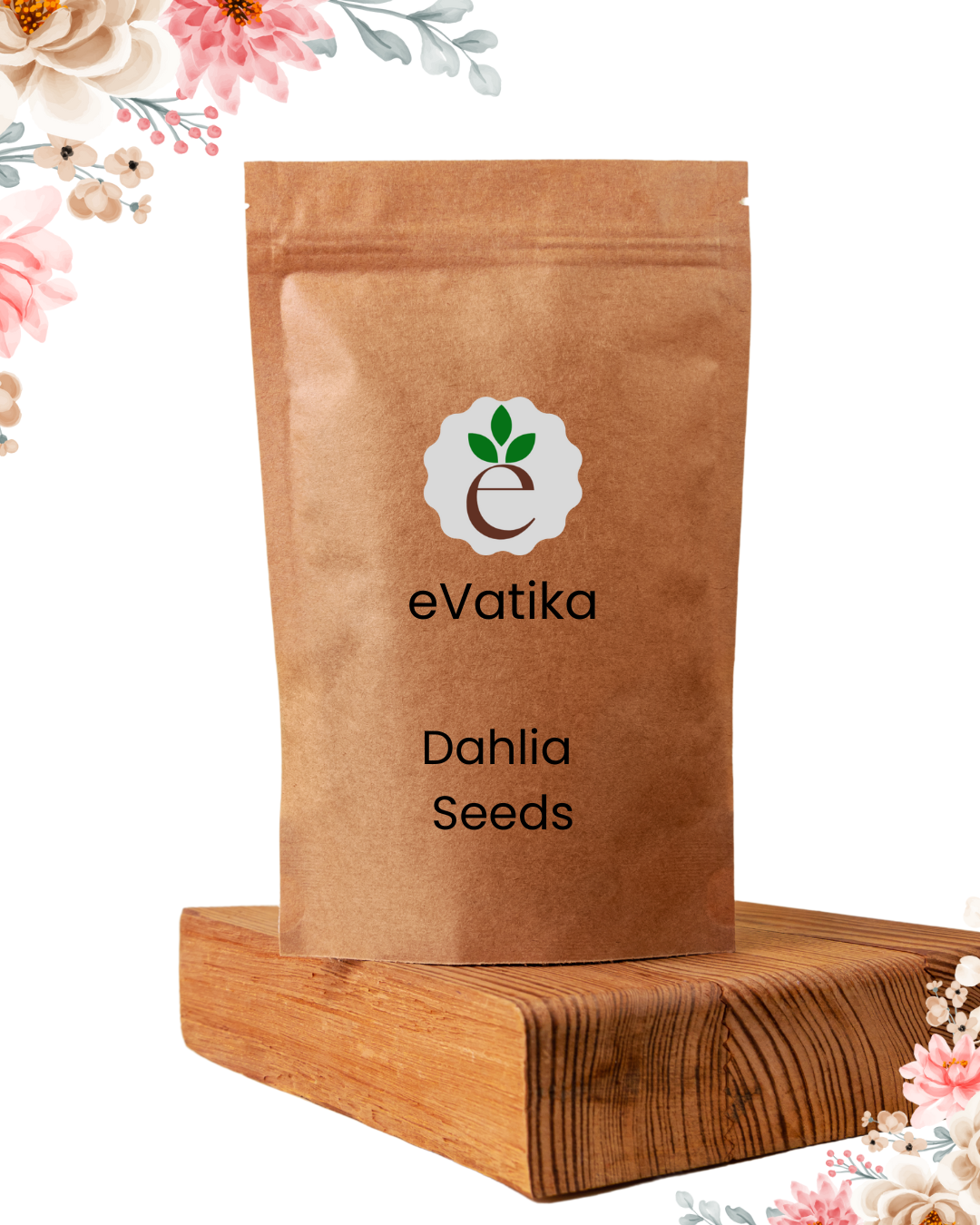





Reviews
There are no reviews yet.